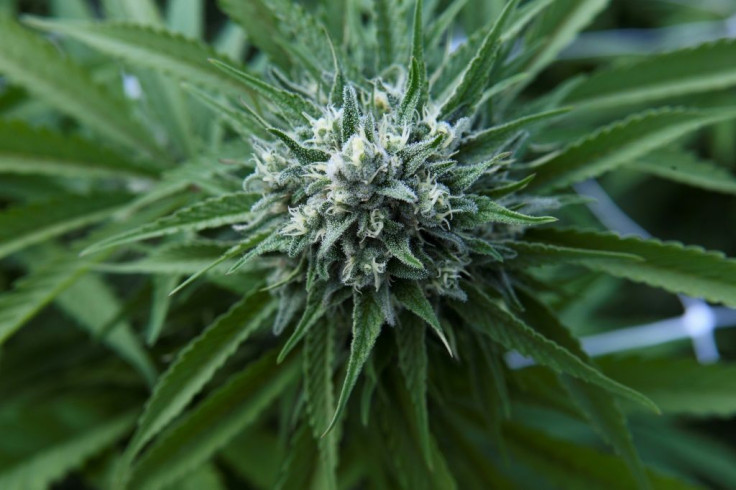American Heart Association: Cannabis Has Risks, No Benefits for Cardiovascular Health
There is a link between the chemicals found in cannabis and an increase in the risk of heart attacks, heart failure, and atrial fibrillation, according to a new scientific statement by the American Heart Association (AHA).
The statement, which was published in the AHA’s Circulation journal, said that while more research is needed to fully understand the impact of cannabis on the heart and blood vessels, cannabis “does not appear to have any well-documented benefits for the prevention or treatment of cardiovascular diseases.”
The statement from the AHA also says cannabis could actually negatively impact the heart and blood vessels.
“Attitudes towards recreational and medicinal use of cannabis have changed rapidly, and many states have legalized it for medical and/or recreational use," said Robert L. Page II, chair of the writing group for the statement and a professor at the University of Colorado Skaggs School of Pharmacy and Pharmaceutical Sciences said.
“Health care professionals need a greater understanding of the health implications of cannabis, which has the potential to interfere with prescribed medications and/or trigger cardiovascular conditions or events, such as heart attacks and strokes,” he said.
The AHA cited one study that found cannabis smokers aged 18 to 44 had a significantly higher risk of having a stroke compared to noncannabis users.
The chemical tetrahydrocannabinolic acid (THC) has been found in some studies to induce heart rhythm abnormalities, such as tachycardia, premature ventricular contractions, atrial fibrillation, and ventricular arrythmias within one hour after cannabis is smoked, according to some studies, the AHA said. THC can also produce higher heart rates, greater demand for oxygen by the heart, higher blood pressure while laying down, and dysfunction within the wall of the arteries.
Cannabidiol (CBD), however, can reduce heart rate, lower blood pressure, increase vasodilation, lower blood pressure, and potentially reduce inflammation, the AHA said. CBD products are approved for use by the U.S. Food and Drug Administration. Cannabidiol is also found in the cannabis plant.
Regardless of the THC level, the AHA said, cannabis has been associated with cardiomyopathy, angina, heart attacks, heart rhythm disturbances, sudden cardiac death, and other serious cardiovascular conditions. Where cannabis has been legalized, states have also seen an increase in hospitalizations and emergency visits for heart attacks, the association said.
The AHA suggests that people with heart disease use cannabis with extreme caution. More research needs to be done to understand the effects of cannabis on the heart, but because it is a controlled substance, these findings are limited, the AHA said.
The AHA is looking for the Drug Enforcement Administration to remove cannabis from its list of controlled substances so that more studies can be performed. As many as 47 states, the District of Columbia, and four of five U.S. territories allow cannabis use in some form.
“We urgently need carefully designed, prospective short- and long-term studies regarding cannabis use and cardiovascular safety as it becomes increasingly available and more widely used,” Page said.
“The public needs fact-based, valid scientific information about cannabis’s effect on the heart and blood vessels. Research funding at federal and state levels must be increased to match the expansion of cannabis use – to clarify the potential therapeutic properties and to help us better understand the cardiovascular and public health implications of frequent cannabis use.”

© Copyright IBTimes 2024. All rights reserved.





















